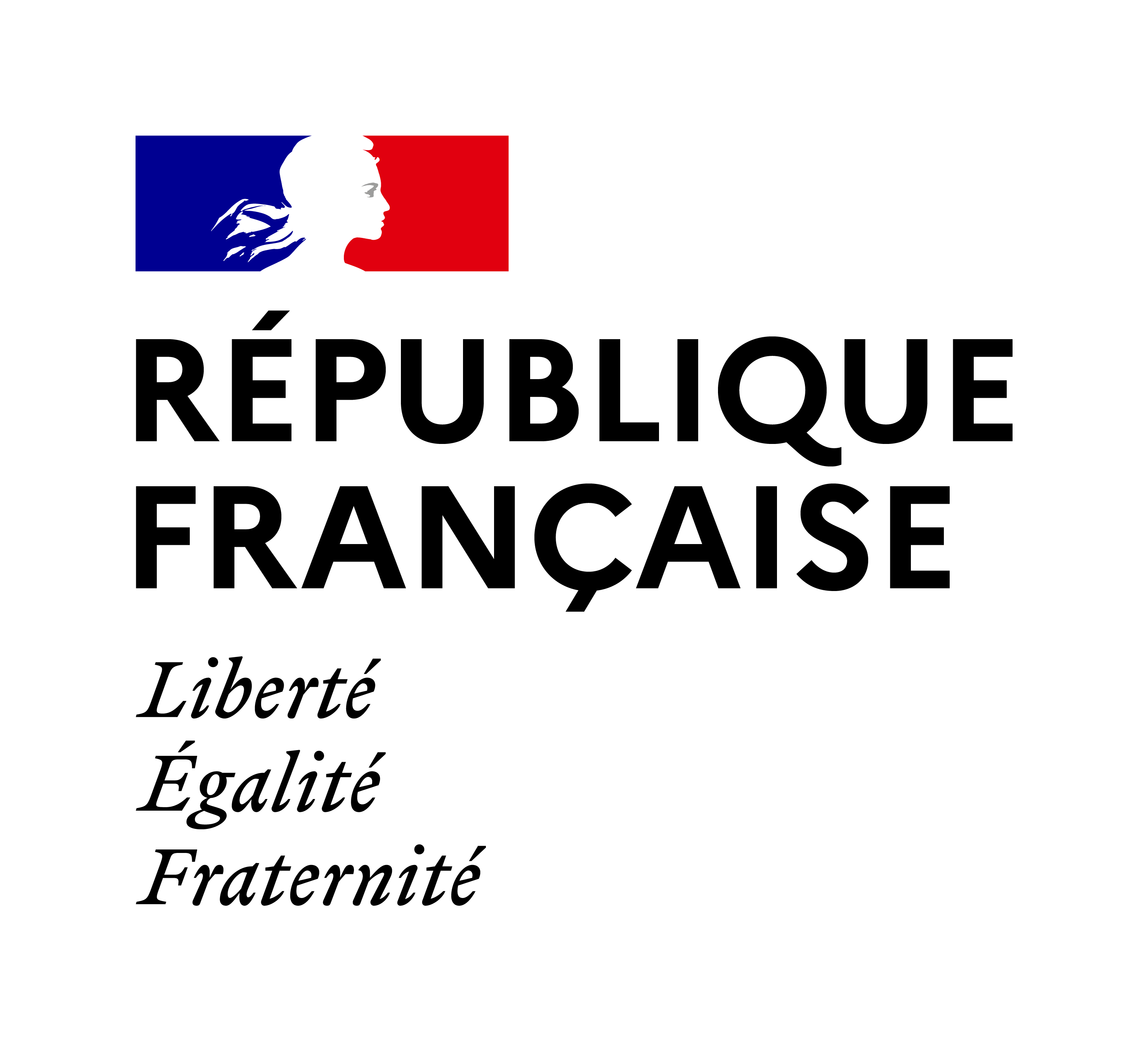D -1 before the COP15 of the Convention on Biological Diversity
After a first phase, organized from October 11 to 15, 2021 in Kunming (China), the 15th Conference of the Contracting Parties (COP15) to the United Nations Convention on Biological Diversity (UNCBD) will be held from December 7 to 19, 2022 in Montreal.
Cyrille Barnerias, Director of International and European Relations at the French biodiversity Agency (OFB), discusses the challenges of this major United Nations conference on biodiversity and the part of the OFB.
What is the Convention on Biological Diversity?
Adopted at the 1992 Rio Conference along with the Conventions on climate change (UNFCCC) and desertification (UNCCD), the Convention on Biological Diversity is the first binding agreement on the conservation and sustainable use of biological diversity. It sets four main objectives:
- Reduce the threats to biodiversity
- Conserve and use sustainably the resources
- Access and share benefit from the use of genetic resources
- Develop efficient means of implementation
In addition to the Convention, two Protocols have been adopted: the Cartagena Protocol on Biosafety (2000) and the Nagoya Protocol on access to genetic resources and the fair and equitable sharing of benefits arising from their utilization (2010).
The COP15 will take place in Montreal from December 7 to 19, 2022, under the presidency of China, which was finally unable to host it due to health measures.
What are the challenges of this COP15?
The major issue of this COP15 is the definition and the adoption of the Post-2020 Global Biodiversity Framework (GBF), which is composed of 4 objectives and 23 targets to be achieved before 2030 and 2050 in order to "live in harmony with nature".
Many issues arise when it comes to the adoption. Firstly, it is hoped that this Framework will be equivalent to the "Paris [Climate] Agreement” but on Biodiversity and that it will therefore be ambitious. For this to happen, the objectives must be clear and quantified.
Second, there is no time to lose in adopting it if we want it to remain relevant. We have already lost two years to implement the GBF and its targets because of the Covid crisis. We now have only 8 years to achieve the targets, not 10 as originally planned.
Finally, the negotiations are not progressing at a satisfactory pace, only 2 out of 23 targets have been agreed so far, the others are still under discussion and some have not even been opened.
Which part will take the OFB in the event?
The OFB will support the French delegation throughout the negotiations, particularly on the target for the protection of 30% of the global marine and terrestrial areas in 2030 (know as the “30x30 target”), which will be one of the key points of the future GBF.
The institution will also organize and participate in several side events: technical implementation of the 30x30 target, economics and biodiversity, connectivity of marine ecosystems, and scientific processes to support decision making. Other interventions will focus on the implementation of the GBF.
Finally, the OFB will take advantage of the meeting of all biodiversity actors to organize the second international meeting of biodiversity agencies. This time of exchange aims to:
- promote the sharing of experiences between agencies by constituting an intercontinental network of public conservation agencies,
- strengthen existing cooperation and develop new ones, by promoting North-South, South-South and North-North dialogues,
- encourage better consideration of biodiversity issues that are played out on a transnational scale. (climate change, biodiversity footprint, challenges of species and species trafficking...).




